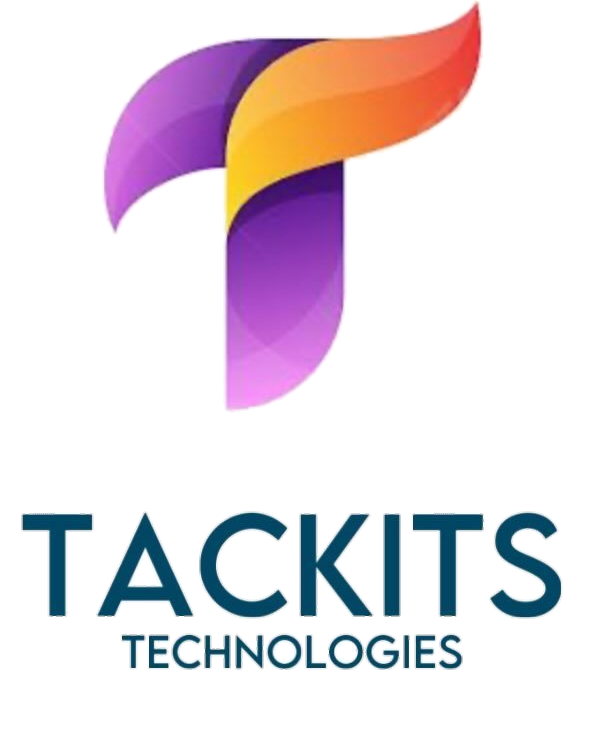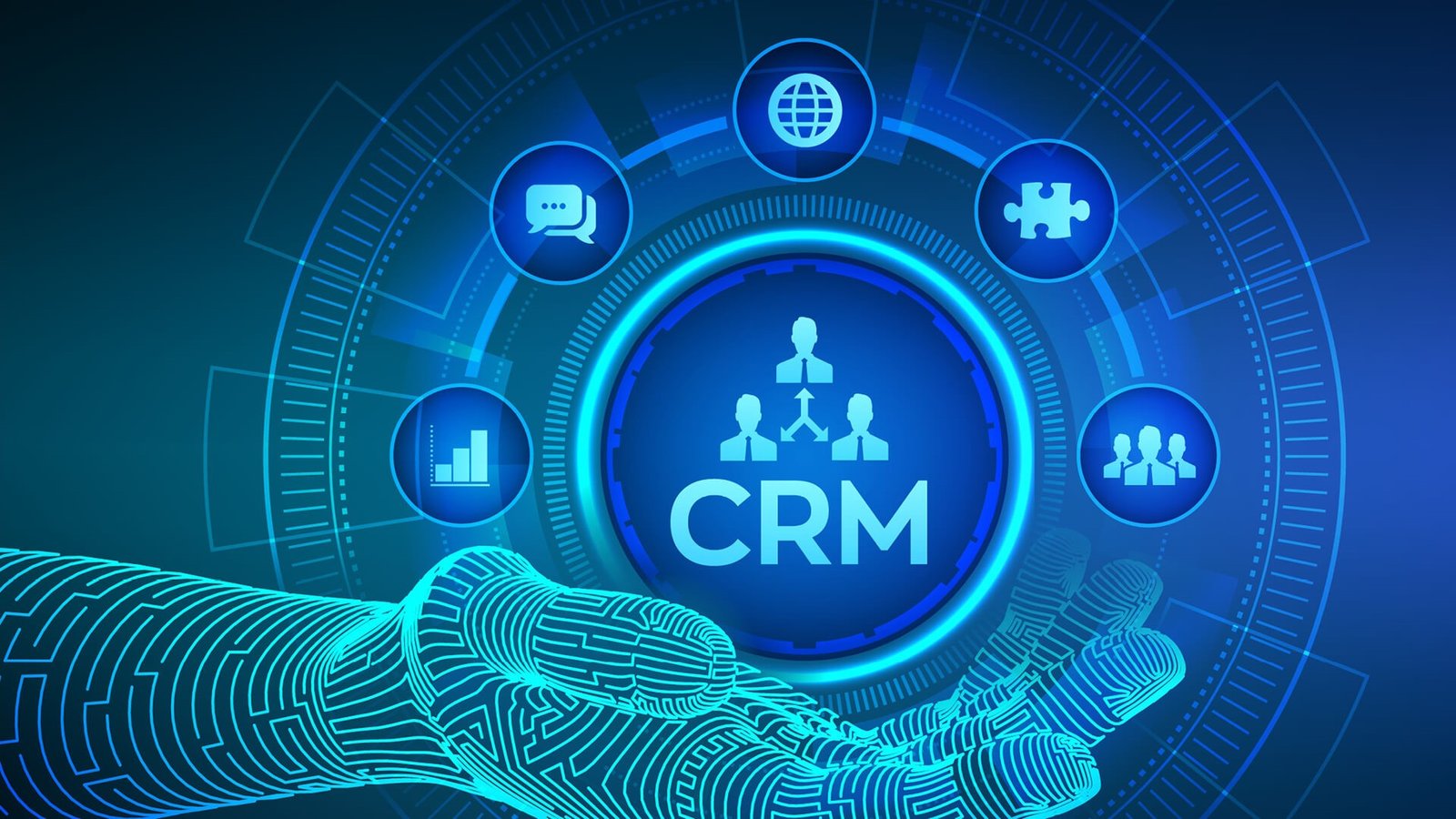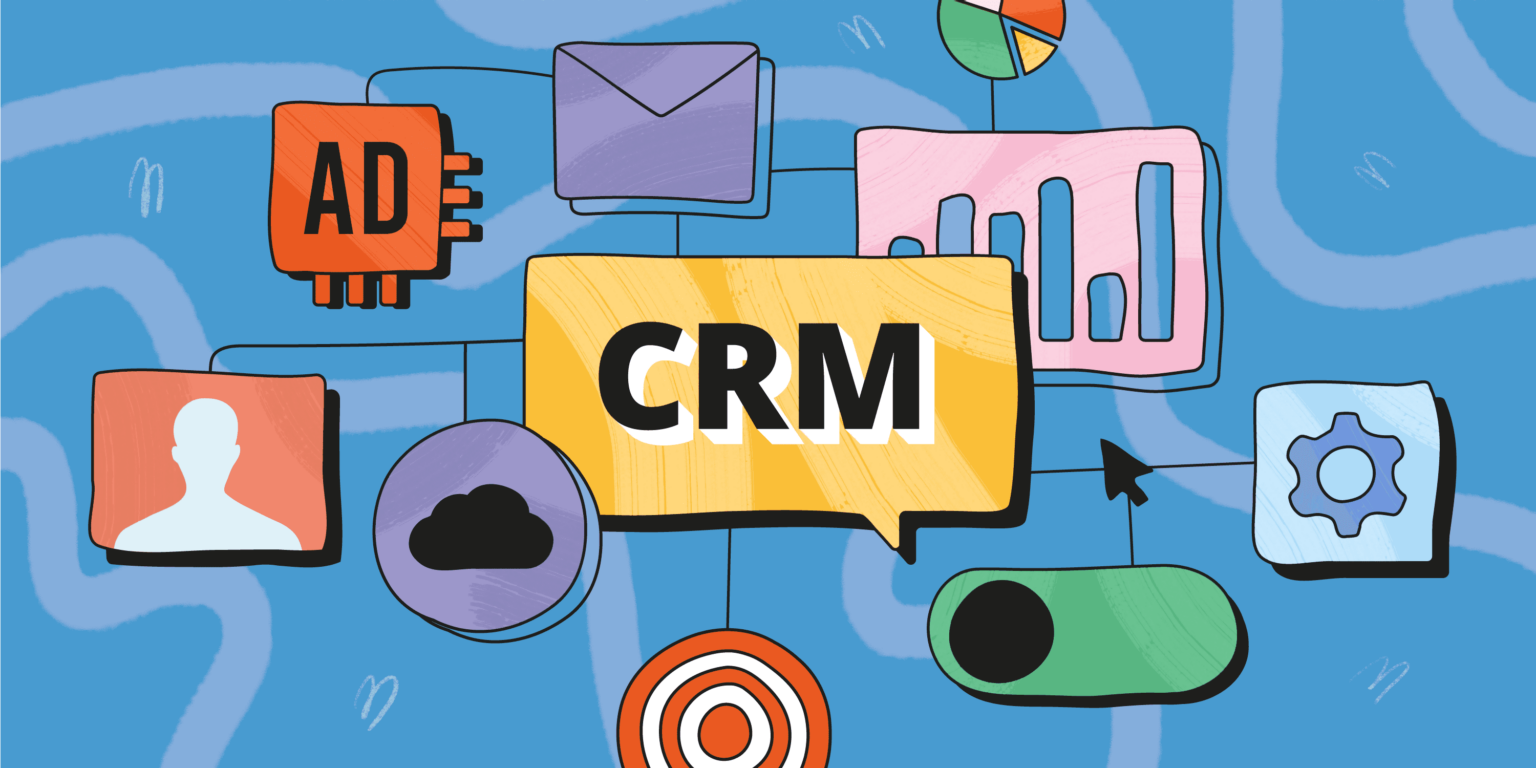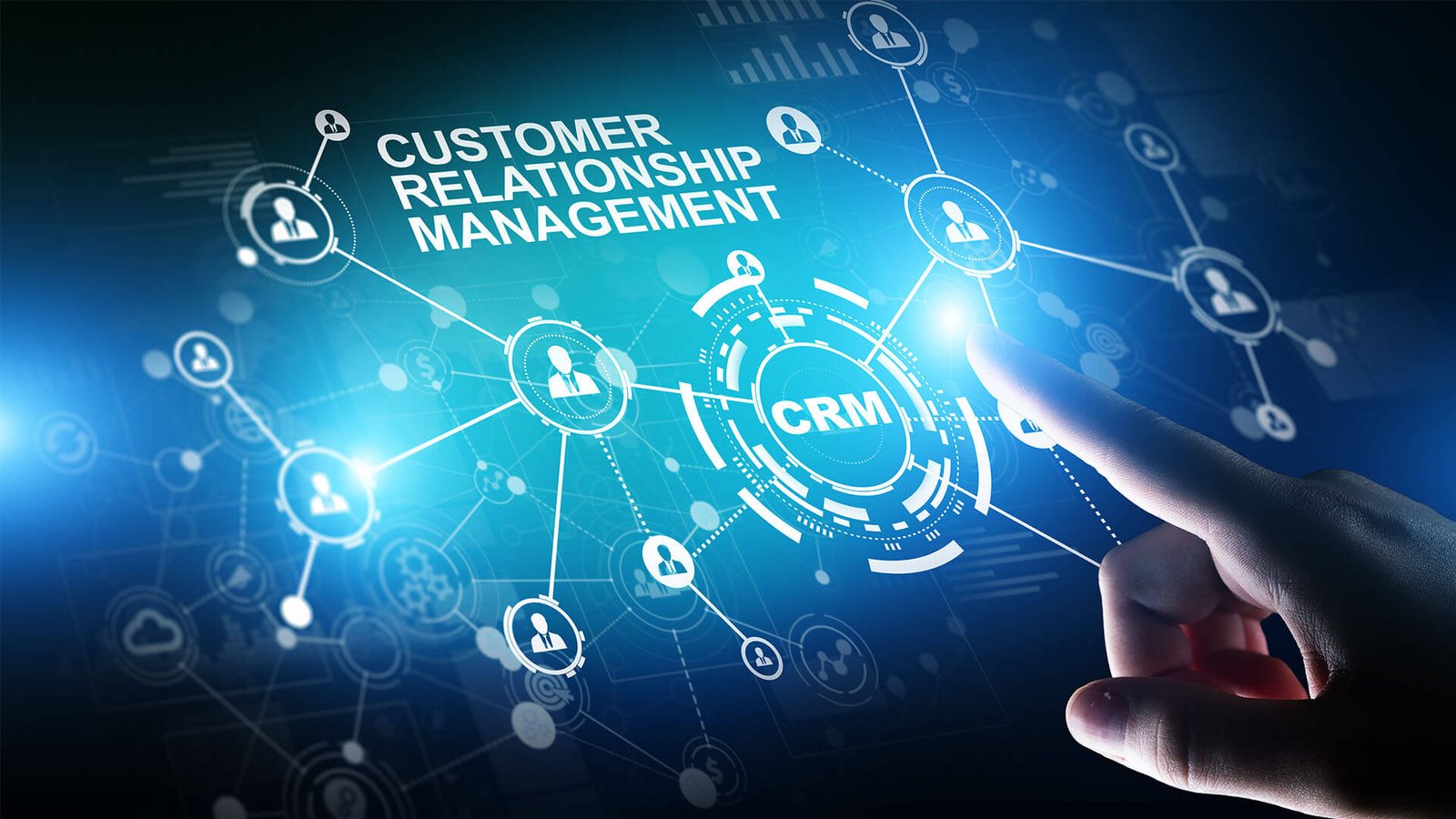What is ERP Software?
ERP software is a business management platform that unifies essential operations into a single, cohesive system. These operations include accounting, employee management, stock control, logistics, production, and more. By linking these functions, ERP systems help organizations operate smoothly, minimize mistakes, and gain instant access to critical data for strategic planning.
Picture ERP as the central hub of your company. Instead of juggling separate tools for finances, staffing, or inventory, ERP brings everything under one roof, fostering seamless communication across departments and boosting overall efficiency.
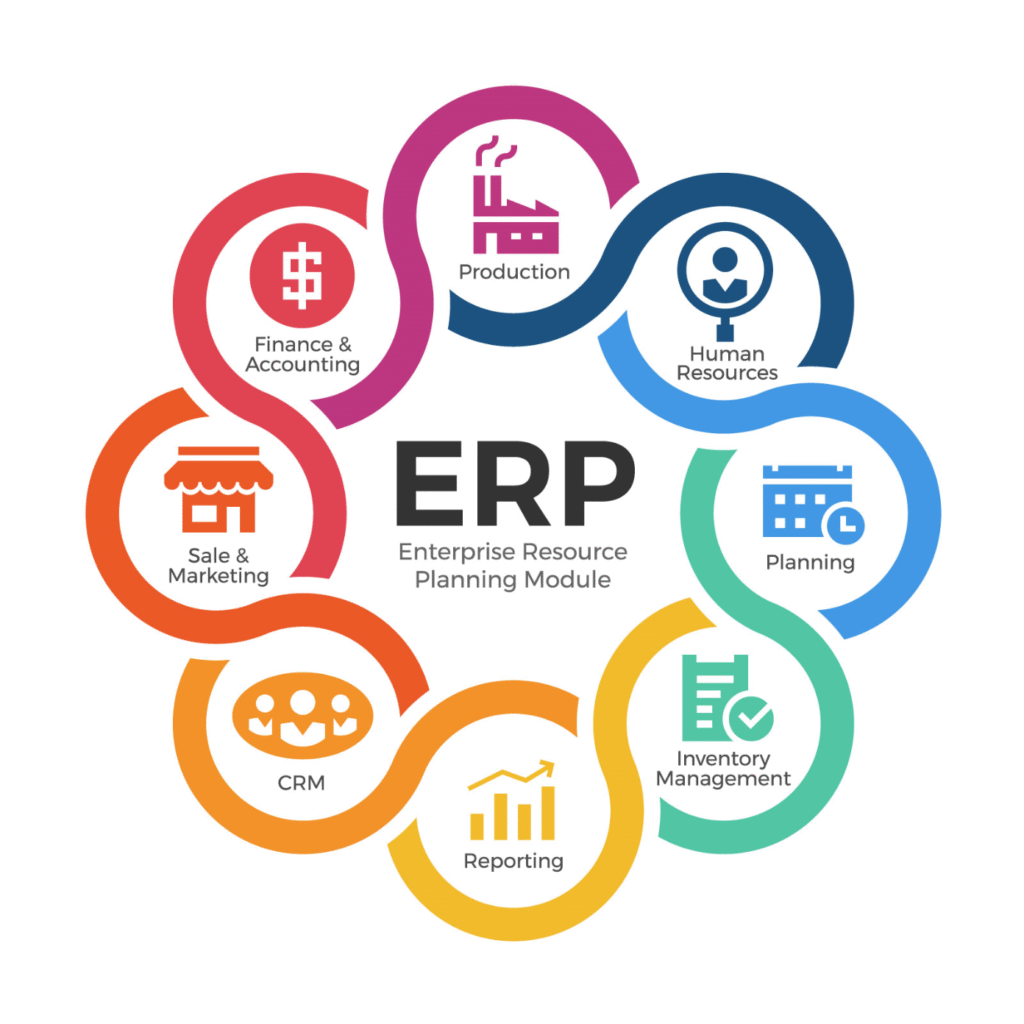
Core Features of ERP Software
- Unified Database: Centralizes all company data for quick and easy access.
- Task Automation: Handles repetitive tasks like billing or payroll automatically.
- Instant Analytics: Delivers current insights into business metrics.
- Cross-Department Integration: Connects areas like marketing and warehousing.
- Adaptability: Scales to meet the needs of businesses, from startups to global corporations.
How Does ERP Software Function?
ERP systems collect, store, and process information from various business activities using a single database. This ensures all departments work with the same, up-to-date data. For instance, when a sale is made, the ERP system instantly updates stock levels, alerts the warehouse, and logs the transaction in the financial records.
Here’s a straightforward breakdown of how ERP operates:
- Data Collection: Employees or automated tools input details, such as customer orders or time sheets.
- Data Handling: The system processes the information and updates relevant modules.
- Information Sharing: Data flows across departments, keeping everyone aligned.
- Insights Generation: The ERP produces reports, like sales trends or stock status, to support decision-making.
This automation reduces manual work, cuts down on errors, and frees up time for strategic tasks.
Who Uses ERP Software?
ERP systems serve organizations of all sizes and industries, including:
- Small Businesses: Use ERP to automate processes and compete with larger players.
- Mid-Sized Firms: Leverage ERP to manage expanding operations efficiently.
- Global Enterprises: Rely on advanced ERP to coordinate complex, multinational activities.
- Industries: Sectors like logistics, healthcare, construction, and retail benefit from ERP.
For instance, a clinic might use ERP to track patient data, billing, and supplies, while a chain store manages sales and inventory across locations.
Conclusion
ERP software is a transformative tool that unifies business processes, enhances efficiency, and supports data-driven decisions. By consolidating operations into one platform, it eliminates inefficiencies and provides actionable insights. Though implementation can be complex, the rewards—better collaboration, cost savings, and scalability—make it invaluable.
Whether you’re a small business or a multinational corporation, understanding ERP software can help you maximize your potential. Ready to get started? Evaluate your needs and explore vendors to find the ideal ERP solution for your organization.
